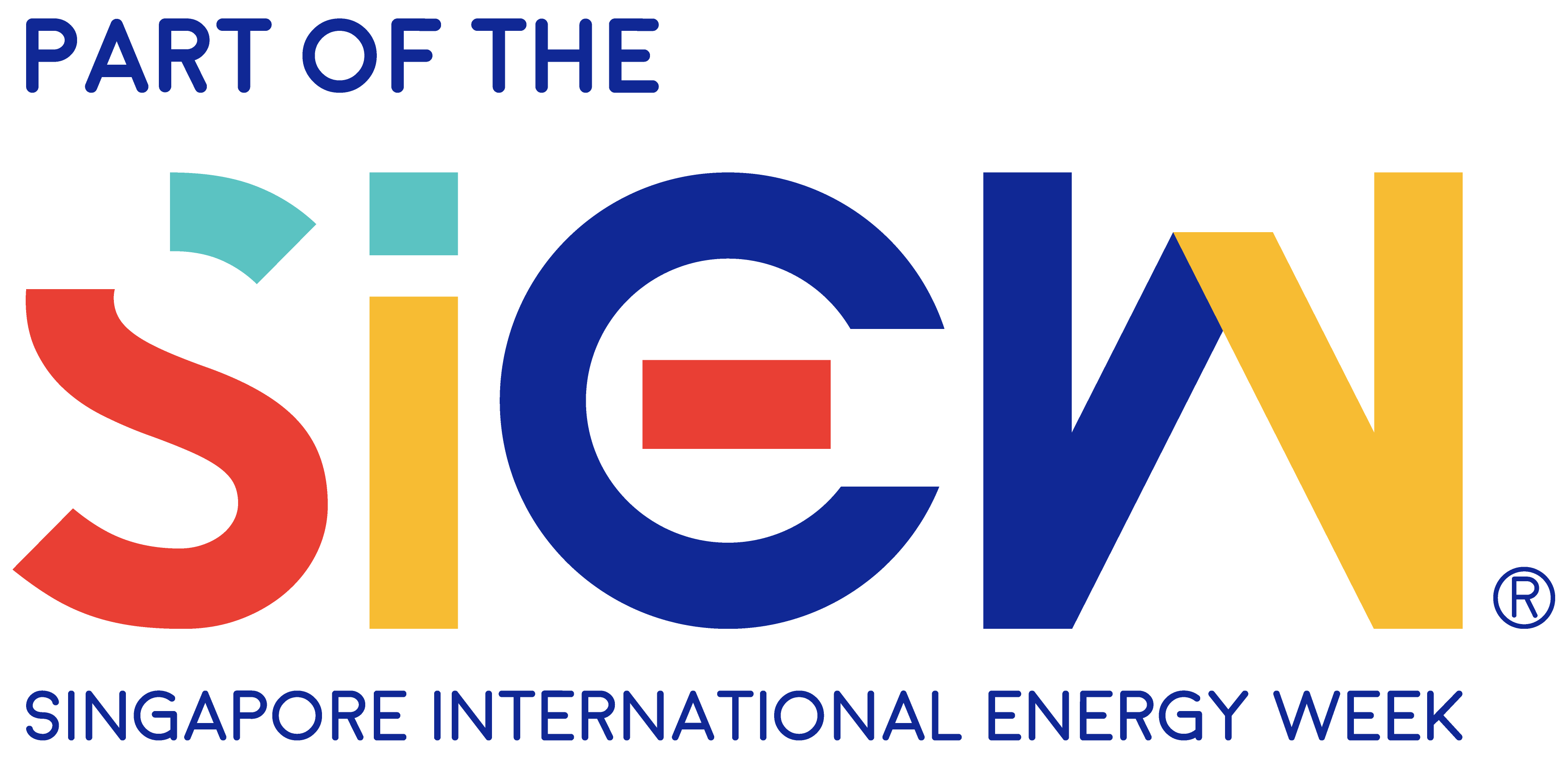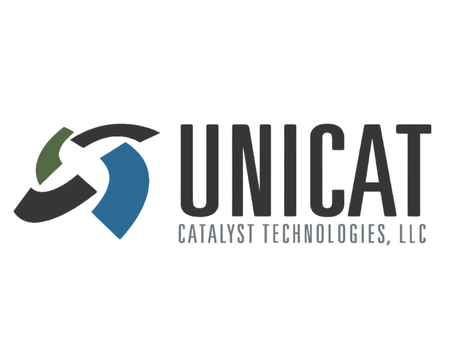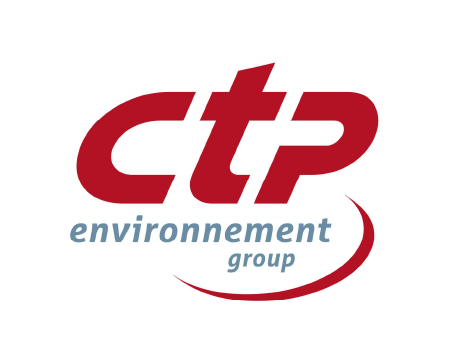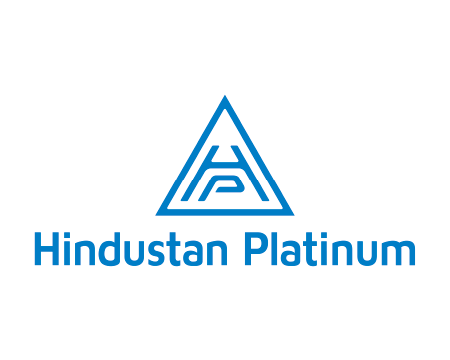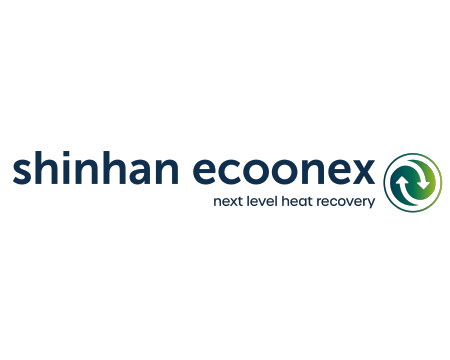Conference
Agenda
Search
08:55 AM
09:00 AM
09:05 AM
10 Mins
This session will explore the challenges of transitioning away from fossil fuels, particularly for developing countries. It will discuss how a complete replacement of fossil fuels with cleaner sources might be unrealistic and economically infeasible. Instead, focusing on a strategy of "energy addition," where the growth in energy demand is primarily met by alternative sources, while acknowledging the continued role of conventional fuels.
29 Oct 2025
09:05 - 09:15
- The challenges of the current energy transition plan
- The need for a new approach that prioritises emissions reduction, affordability, and security
- The role of oil and gas in meeting Asia’s growing energy needs and maintaining energy security and affordability
- A vision for a secure and sustainable downstream sector in Asia
02:10 PM
80 Mins
Attendees can expect to hear 20-minute technical presentations on
29 Oct 2025
14:10 - 15:30
- Artificial Intelligence (AI)
- Digital Twins
- Process Automation
- Internet of Things (IOT)
- Robotics
- Cybersecurity
- Data Governance
- Digital Transformation
- Digital Enablement and Training
80 Mins
Attendees can expect to hear 20-minute technical presentations on
29 Oct 2025
14:10 - 15:30
- Energy-Efficient Equipment and Technologies
- Process Optimisation and Integration
- Smart Technologies and Automation
- Predictive Maintenance
- Real-Time Monitoring and Control
- Maximising Plant Productivity
- Renewable Energy Integration
- Electrification of Processes
- Materials Transition
80 Mins
Driving CCUS Adoption: Cost-Effective Carbon Utilisation Strategies
29 Oct 2025
14:10 - 15:30
- Economic realities of CCUS – high capital costs, the role of government subsidies and incentives, and innovative financing mechanisms to drive investment
- Innovative carbon utilisation pathways, such as carbon recycling and the development of diverse carbon-based products
- Critical need for regional and national policies, regulations, and standards for carbon emissions
- Feasibility and implications of cross-border carbon management
- Addressing storage capacity and complex export logistics
- The role of technology innovation, research and development, and capacity building in advancing CCUS deployment across the region



